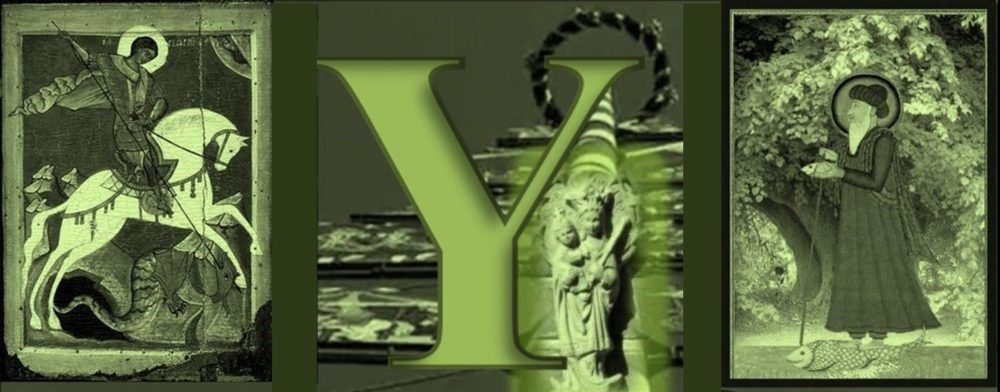This new edition of perennial philosopher Frithjof Schuon’s Sufism: Veil and Quintessence is a fully revised translation from the French original and contains an extensive Appendix with previously unpublished selections from Schuon’s letters and other private writings. In seven articles Schuon makes the critical distinction between an “absolute” Islam and a “contingent” Islam, thus distinguishing between the message of Islam in itself, and the pious Arab expressions of that message, which by their style of rhetoric have a tendency to veil it.

Table of Contents:
Foreword by Seyyed Hossein Nasr
Editor’s Preface
Preface
Ellipsis and Hyperbolism in Arab Rhetoric
The Exo-Esoteric Symbiosis
Paradoxes of an Esoterism
Human Premises of a Religious Dilemma
Tracing the Notion of Philosophy
The Quintessential Esoterism of Islam
Hypostatic Dimensions of Unity
Appendix
Selections from Letters and Other Previously
Unpublished Writings
Editor’s Notes
Glossary of Foreign Terms and Phrases
Biographical Notes
Index
Free Download here
An excellent summary is this review of the book by the distinguished scholar of Sufism, Seyyed Hossein Nasr:
“In his Sufism: Veil and Quintessence, which is a unique work in the annals of Sufism, [Schuon] has penetrated into the writings of even the greatest masters of Sufism such as al-Ghazzali and Ibn Arabi to reveal within them a quintessential Sufism based on Unity (al-tawhid) and invocation of the Divine Name (al-dhikr) to be distinguished from a more peripheral manifestation of Sufism which displays certain characteristics most difficult for Westerners with the best of intentions to comprehend. In writing with incomparable lucidity and depth about Divine Unity, the esoteric meaning of the Quran, the spirituality of the Prophet, the early saints of Islam, the inner life of prayer, the theophanies to be contemplated in virgin nature and art, the alchemical effect of love, poetry, and music, Schuon has produced a corpus of writings on Sufism which are themselves among the most important and precious works of Sufism.”
—Seyyed Hossein Nasr, George Washington University, and author of many books and articles on Sufism, Islam, and Tradition

